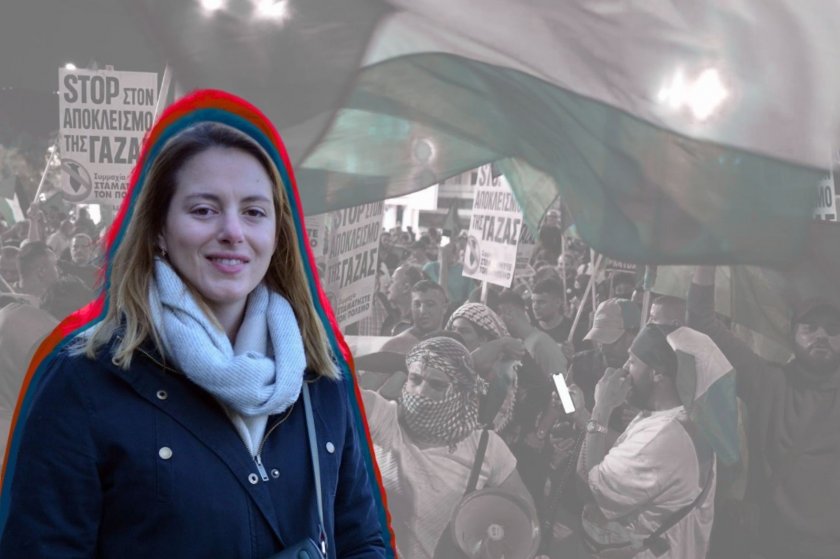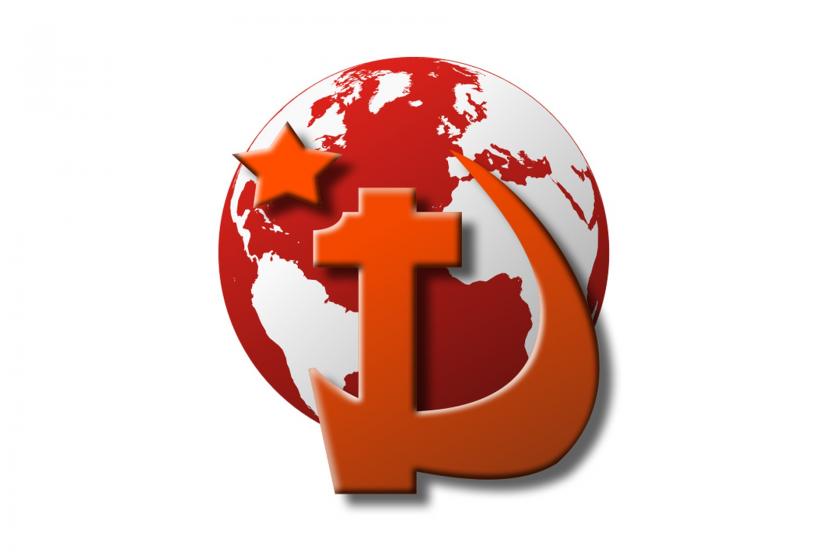Elections in Turkey and digital manipulation

İsmail Gökhan Bayram

Fotoğraf: Marten Bjork/Unsplash
We are in the days when we feel the link between information and communication technologies and elections more and more. Last week's noteworthy case was the CHP's warnings centred around the keywords "Cambridge Analytica" and "Dark Web". Considering the current ease of creating digitally generated audio and video images, also known as "deep fakes", which at first glance appear to be real, and the fact that disinformation spreads faster than information, we can say that the digital leg of the final stage of the election will be quite challenging. Moreover, it is not difficult to foresee that online disinformation will continue to increase until the election day through different channels, from WhatsApp groups to newsy websites and accounts, from social media to mail groups.
In the Cambridge Analytica (CA) scandal, it was claimed that the company had helped Trump to win the US elections through micro-targeting on social media. Although the studies carried out afterwards pointed out that CA did not have such an impact on the US elections, the allegation itself has settled in the minds as if it were a reality. After the CHP mentioned CA's name, rumours that such micro-targeting would influence the election results quickly spread. How effective CA-type micro-targeting can be -especially in such a polarised election- is a separate debate, but let us suffice it to note that the data of social media companies on political advertisements do not indicate this level of targeting for now.
Now that we have removed CA from the risks for the time being, we are left with the "Dark Web" and disinformation. "Dark Web" is a concept that covers a very wide area. The first thing that comes to mind in this context is attacks and infiltration attempts on digital election systems and election monitoring systems. I have little doubt that institutions and organisations will take precautions knowing that such attacks can be thwarted with adequate technical preparation and infiltration attempts can be thwarted with adequate supervision, and that they will verify the analogue data from the polling stations with the digital data.
Disinformation remains perhaps the most serious risk. The pro-government disinformation networks and the publications, websites and accounts disseminating disinformative news are well known and recognised. The extent of their influence in their own circles and peripheries is also highly debatable. This is because a considerable part of the interactions of these accounts is based on artificially created interactions known as "astroturfing". If the issue was limited to these astroturfing networks, we might not be too worried, but there is a flip side to this.
Since the beginning of this year, a large number of accounts have emerged, some of which mimic well-known accounts and some of which are entirely new. In addition to these, there are quite a few accounts, which I will refer to as "newsy accounts", that do not care about the basic principles of journalism, reporting, such as verification, sourcing, etc. The recent changes in Twitter have paved the way for both types of accounts to get a blue tick as long as they pay their tribute to Musk. It doesn't take a soothsayer to say that the current meaning of the blue tick is poorly understood, in part due to poor internet literacy. It is not possible for us to know the aims and intentions of all these accounts, whether they see disinformation as a "reasonable method that can be used" or not. One account embedded in this camp and capable of skilful disinformation may be more dangerous than hundreds of pro-government disinformation accounts. In this final stretch, every piece of information circulating on social media, communication networks, etc. should be handled with special care.
Forwarding to the next article...
10 seconds remaining






Follow Evrensel